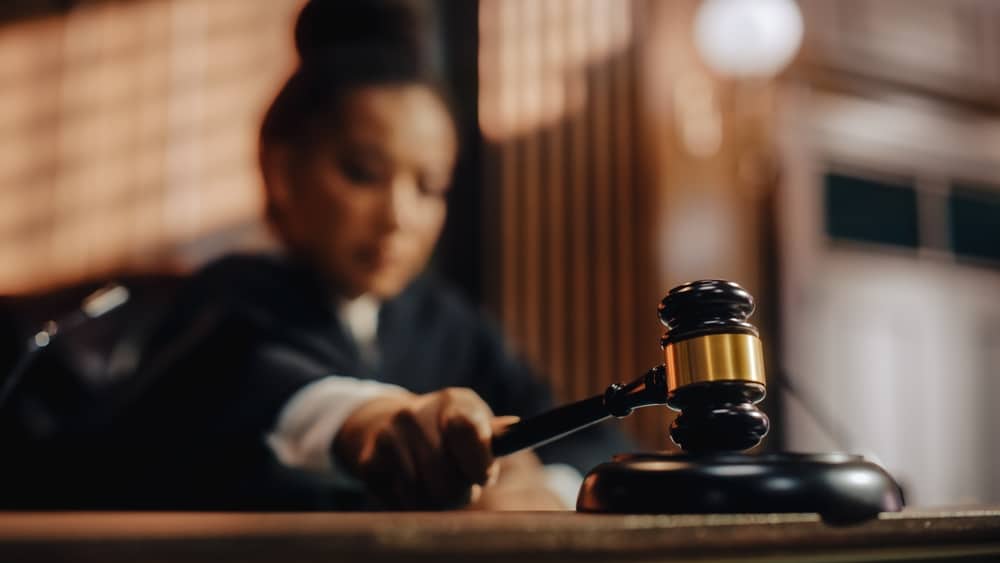Partition Lawyers in Los Altos
Our Los Altos partition litigation attorneys will work diligently to obtain a favorable outcome on your behalf, whether by negotiation or litigation.
Talkov Law’s attorneys serving Santa Clara County are exceptionally experienced in the area of California partition actions. California partition actions provide a legal mechanism for co-owners of real property to divide the property among themselves. The partition statutes allow a co-owner to file a lawsuit in court to have the property divided, either physically or by sale. The court will then order the division of the property in a way that is fair and equitable to all parties. The partition statutes also provide that any proceeds from the sale of the property must be divided among the co-owners in proportion to their respective interests in the property.
- How to force the sale of jointly owned property? A partition action is the only statutory method to ensure the end of the co-ownership dispute.
- Can I still file a partition if my co-owner has filed for bankruptcy? Yes, the partition action can generally be filed in the bankruptcy court or the bankruptcy court can apply state partition law to allow offsets when the co-owned property is sold by the bankruptcy trustee.
- When is a partition action right for my dispute? Generally, parties who can reach their own resolution of a co-ownership dispute are not reading websites about partition law. If you are reading this article, chances are that your co-ownership dispute has reached a level where legal options are being considered. Filing a partition action will bring about a certain result to the co-ownership dispute, rather than letting it linger for years on end. However, if the parties are very close to a settlement, it may be wise to consider a resolution.
- Will there be a trial in a California partition action? Trials are extremely rare in partition actions because the interlocutory judgment procedure allows for a partition referee to be appointed by meeting just a few elements that rarely involve live testimony from witnesses. Even if a trial occurred, it would almost certainly relate only to the ownership interests or the distribution of proceeds, though most cases are decided on motion heard by the court based on the papers submitted by the parties.
- What are the potential outcomes of a partition action? The most likely outcome in a partition action is that the plaintiff receives fair value for their interest in the property either through a sale to a third party or to the defendant. In rare cases, a property can be divided, through this is not applicable to single family residences with no surplus land.
For a free consultation with California’s first and largest team of partition attorneys at Talkov Law at (650) 999-3300 or contact us online today.
Call us at (650) 999-3300 or contact us below to schedule a free, 15-minute consultation.
Southern Cal. Title Clearing Co. v. Laws - Partition Action Case Study
In the legal case of Southern Cal. Title Clearing Co. v. Laws, 2 Cal.App.3d 586 (1969), the issue of partition was at the center of the dispute. The case involved a dispute between two parties over the ownership of a parcel of real property. The plaintiff, Southern Cal. Title Clearing Co., claimed that it was the sole owner of the property, while the defendant, Laws, claimed that he was a co-owner. The court found that the parties had entered into an oral agreement to partition the property, but that the agreement had not been properly executed. The court held that the partition agreement was invalid and that the parties were still co-owners of the property. The court also held that the plaintiff was not entitled to a partition of the property, as it had not been properly executed.






